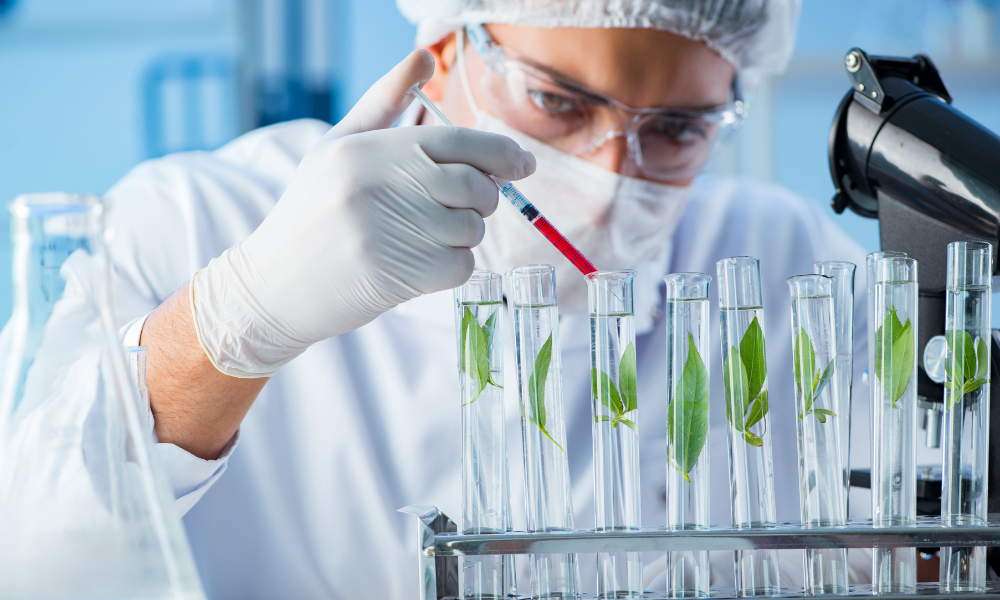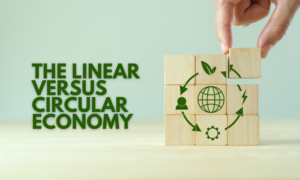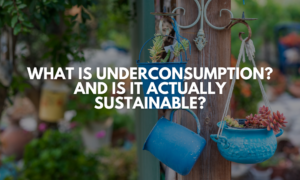At LGC, our EnviroStaff team consists of experts dedicated to helping you find your dream job in the ever-growing environmental industry. With so many diverse positions under the environmental umbrella, we stay ahead of the curve, conducting the research so you don’t have to. Today, we’re diving into a crucial role in this field: What does a PFAS Lab Analyst do?
What are PFAS?
Per- and polyfluoroalkyl substances (PFAS) are synthetic, man-made chemicals designed to repel oil and water. These substances are pervasive, found in everyday household items, food, clothing, and cosmetic products, as they are commonly used in the production of furniture, cookware, packaging, and more. On the surface, they might seem harmless, right?
Unfortunately, PFAS are anything but benign. These four letters represent a group of chemicals associated with significant health risks, including cancer and disrupted hormone production. The real danger lies in their persistence—hence their nickname, “forever chemicals.” PFAS don’t break down easily and have been detected in the air, water supply, and even in human blood. Their pervasive nature means that even when disposed of in landfills, their nearly impenetrable molecular structure allows them to re-enter the environment.
So, how do we track these harmful chemicals and mitigate their impact?
What Does a PFAS Lab Analyst Do?
To determine whether a substance contains PFAS, a lab analyst plays a critical role. They begin by concentrating, separating, and analyzing soil or water samples to measure the presence and concentration of PFAS. The results of these tests are then sent to consulting firms that collected the samples in the field. These findings form the foundation for recommendations on potential remediation strategies and the eventual elimination of PFAS contamination.
Given the rising concern and regulation around PFAS, this role is in high demand. Many companies have initiated decreases and bans for PFAS in their products, but even so, labs are still in dire need of analytics to help out.
What Skills Does a PFAS Lab Analyst Need?
The ideal candidate for this position will have experience analyzing water, soil, or other matrix samples per EPA methods 1633, 537.1 or 533 and have experience operating the following instruments:
- LC-MS (Liquid Chromatography-Mass Spectrometry)
- GC-MS (Gas Chromatography-Mass Spectrometry)
- Environmental Organic Methods
- Wet Chemistry
- High-Resolution Preparation and Analysis
These skills are crucial for accurately identifying and quantifying PFAS in various environmental samples.
Take the Next Step in Your Career
If this role aligns with your career goals, you have the opportunity to make a meaningful impact in reducing PFAS contamination in our ecosystem. Our EnviroStaff team is here to help you find the perfect position to turn your passion into action. Contact us today, and let us guide you from where you are to where you need to be.
In other news…
Have you followed our social media?
To download our app and more, check out our Linktree:
About EnviroStaff
EnviroStaff is a division of LGC that focuses on making placements in the environmental industry. We build partnerships with clients to fill open positions on their team and have recruiting capabilities within multiple markets throughout the U.S. Working closely together, EnviroStaff will recruit environmental industry professionals based on your job description and requirements. By making direct hire placements, EnviroStaff can help clients save time and money often associated with recruiting.





